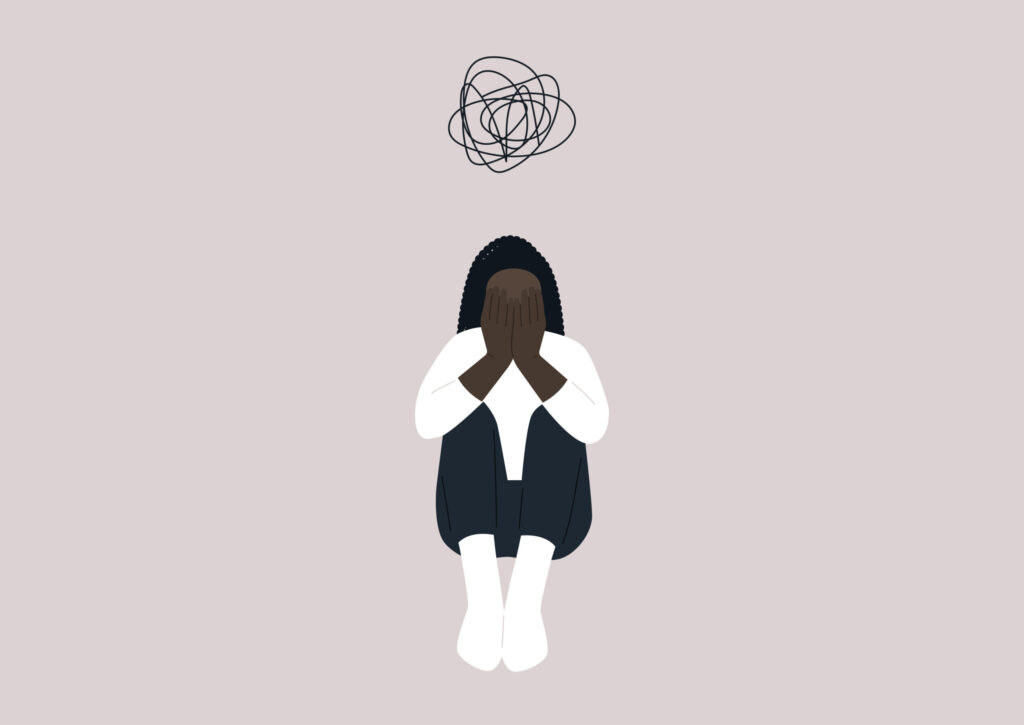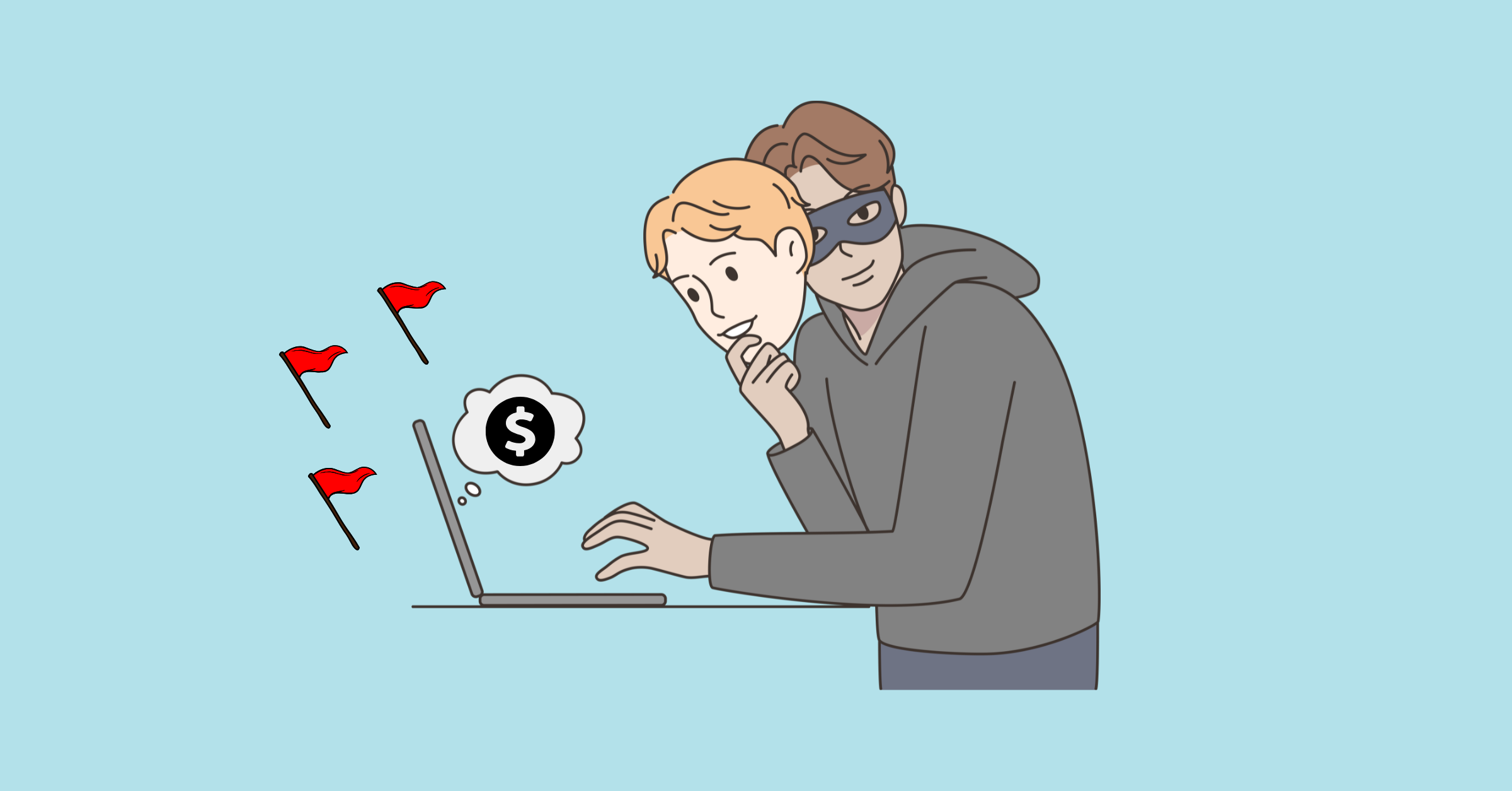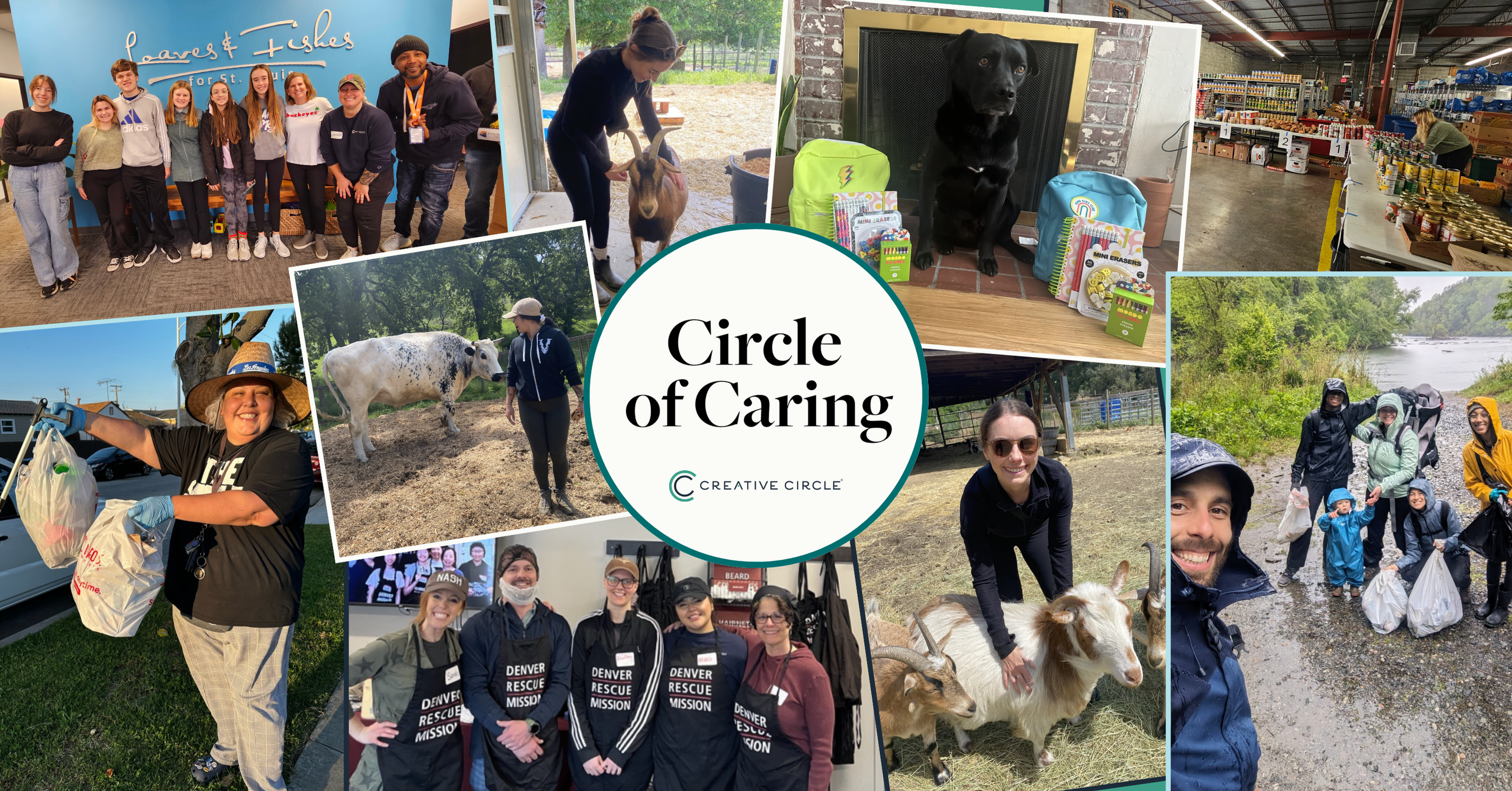Whether someone you know has been laid off, downsized, fired, or seen freelance work dry up, job loss is one of life’s most stressful experiences.
Aside from the obvious financial concerns, the stress of losing a job can do a real number on relationships and overall mental and emotional health. Our jobs are more than how we make a living—they influence how we see ourselves and how the world sees us. Our work often provides a social outlet, structuring our time and giving purpose to our lives. Finding yourself out of work can give rise to anger, depression, and shame—grieving what has been lost and anxious about the future.
The past few weeks have been rich in headline-making tech layoffs. In just the past month alone, Twitter slashed half its workforce, Meta culled 13% of its workers, and now, there are rumors that Amazon will lay off 10,000 employees. The landscape has downshifted in the tech world, a downturn that may be coming for other industries soon. With layoffs on the rise, understanding how to show up for someone reeling from the impact of a job loss is a skill worth honing.
After a colleague, friend, or loved one has been let go, it can be difficult to know what to say or how to help. Steer clear of platitudes like everything happens for a reason or what doesn’t kill us makes us stronger. You want to comfort and support the person who has been laid off—but in a way that is authentic, empathetic, and non-judgmental.
Here are some ways to show up that are genuinely helpful and impactful.
1. Listen.
The most significant thing you can do for someone you care about who has lost their job is to be there for them and actively listen. Offer verbal and nonverbal encouragement and give them space to share their feelings of anger, shame, sadness, guilt, or relief. Only they can tell you what they need in the moment.
2. Be an emotional support.
For many people, their jobs are inextricably entwined with their sense of self-worth, which is why being let go can cause such emotional distress. Let your friend, family member, or colleague know you are there if they need to rant, talk, or cry. Remind them that they are talented and valuable regardless of their employment status.
3. Know what you should not say.
According to Fast Company, there are seven things you should not say to someone who has just become unemployed. Certain statements like everything will be all right, everyone is looking for jobs these days, or be grateful for what you have, may alienate your loved one, perpetuate a sense of helplessness, or make them feel unsupported.
4. Help them in their job search.
Finding new work can take time and effort. If you have contacts in your friend or loved one’s industry, passing along their résumé, making personal introductions, and inviting them to happy hours to network can be hugely helpful—all things you can do at any stage of your career.
If you work in different fields, you can lend your expertise. Great at writing? Help edit and wordsmith your friend or family member’s CV. Have web design chops? Help craft an online portfolio. Have a stocked home office? Let them come over and print, fax, and scan their hearts out.
5. Send a gift.
Losing a job is a layered, distressing experience. The fear of financial duress, the slog of searching for new work, and waves of anger, frustration, and sadness can be all-encompassing. For many, feelings of self-worth, value, and competence are tied to their job, which can become untethered when it is lost. Luckily, however, there are many ways for you to show that you value your friend or loved one. Flowers and food are classic gifts in times of crisis. So is going to a nice cocktail bar and giving pace for your friend or loved one to vent. Feeling cared for in a low moment can help someone feel valued and put some pep in their step.
6. Keep checking in.
People typically check in immediately after hearing about a colleague, friend, or loved one’s job loss. But after the first couple weeks, when the calls and flowers have dried up, your friend or family member will likely be mired in job application limbo for months to come. Checking in regularly and just asking how they are doing means a lot. Refrain from immediately asking how the job search is going; let them tell you what is happening. If you at a loss for what to say, let them know that you are there to listen if they ever want to talk.
Bottomline
The stress of losing a job can seem overwhelming—but there are many things you can do to help, from uplifting spirits to just letting someone know they are valued and have worth.
If invited to do so, share any ideas you may have for possible new opportunities. Support their grief and growth and be a sounding board for new ideas. Doing so can make all the difference.
About the author.
An award-winning creator and digital health, wellness, and lifestyle content strategist—Karina writes, produces, and edits compelling content across multiple platforms—including articles, video, interactive tools, and documentary film. Her work has been featured on MSN Lifestyle, Apartment Therapy, Goop, Psycom, Yahoo News, Pregnancy & Newborn, Eat This Not That, thirdAGE, and Remedy Health Media digital properties and has spanned insight pieces on psychedelic toad medicine to forecasting the future of work to why sustainability needs to become more sustainable.




